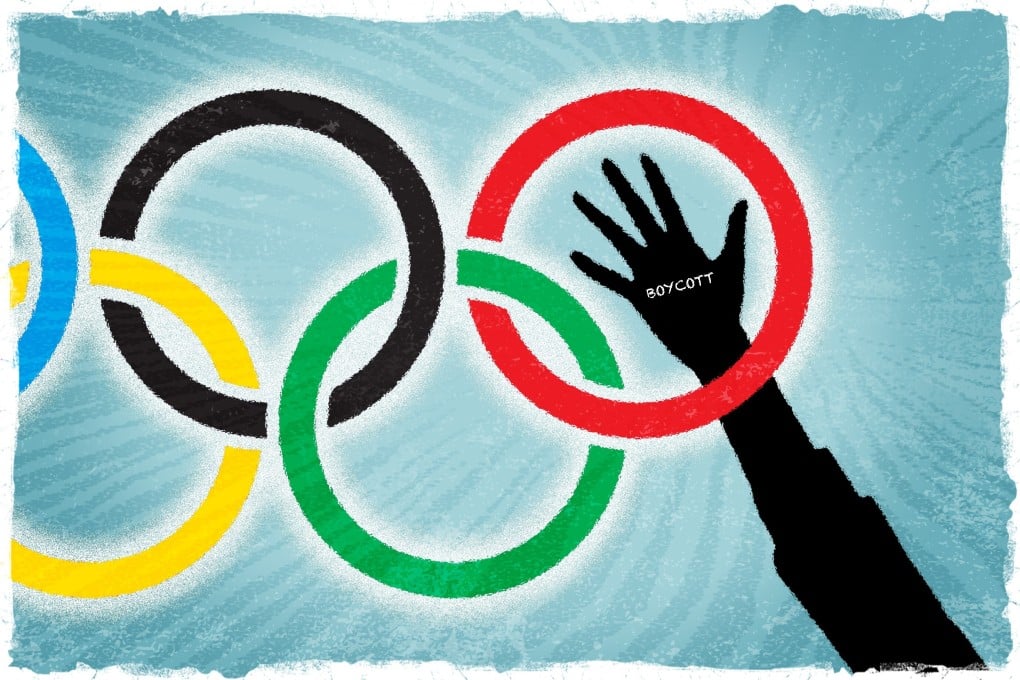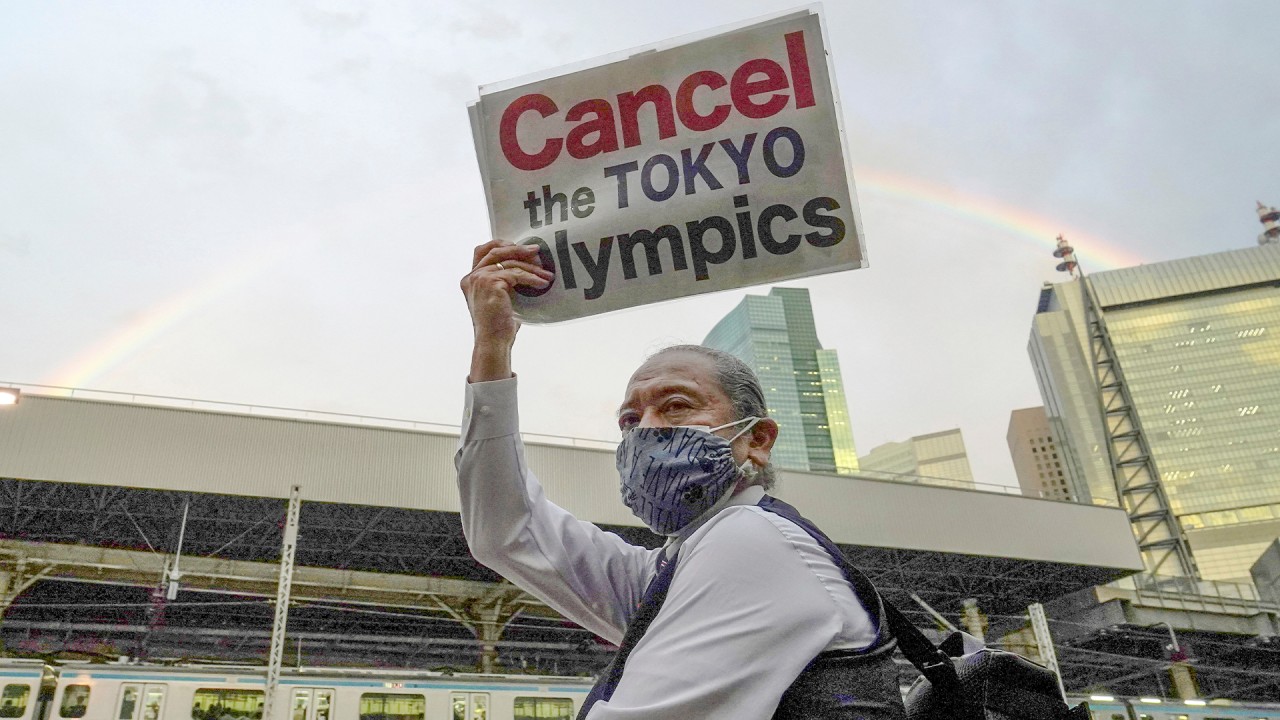Tokyo Olympics: no olive branches for Japan and South Korea as divisions deepen
- The Games have magnified tensions over everything from disputed islets to historical issues dating back to Japan’s colonial rule
- Analysts say it is unfortunate but unsurprising that leaders Suga and Moon are unlikely to bridge some of the differences in Tokyo

Our Tokyo Trail series looks at key issues surrounding the 2020 Olympics, which are scheduled for late July.
But with time running out before the July 23 opening ceremony in the Japanese capital, it appears increasingly unlikely that sports will on this occasion enable diplomacy – a development analysts say is unfortunate, but ultimately unsurprising.
“Any chance that leaders have to meet and talk that is not taken is a missed opportunity, especially if those talks had the potential to at least incrementally improve a relationship,” said Stephen Nagy, an associate professor of politics and international studies at Tokyo’s International Christian University.
“So yes, it is unfortunate that this chance appears to have been missed, but I also think this was always going to be the likely outcome. Seoul and Tokyo are just too far apart at the moment. The divisions across the spectrum – political, military, social, business – are just too deep.”
The list of grievances between the two neighbours is long and complicated, but largely revolves around Japan’s colonial rule of the Korean peninsula between 1910 and 1945.

03:01
Protests grow to cancel Tokyo Olympics as Covid-19 outbreak worsens in Japan
Key issues include South Koreans’ insistence that Japan pay compensation for “comfort women” who served in brothels for the Japanese military during the occupation, and forced labourers at Japanese companies. In the face of a series of recent court hearings, Tokyo insists that all claims for the colonial period were settled under the 1965 treaty that normalised post-war relations with Seoul.
